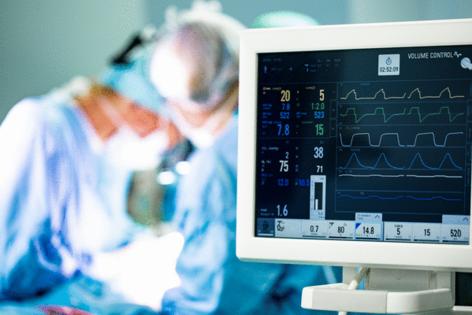Mayo Clinic Minute: Become an organ donor and save lives
Published in Health & Fitness
Becoming an organ donor is one of the most meaningful decisions you can make, offering the chance to save lives — whether after death or as a living donor. It is the ultimate gift, providing hope to those waiting for a second chance at life.
Recent advancements in transplantation are improving organ availability and helping patients, but more organ donors are still urgently needed.
Dr. Julie Heimbach, a Mayo Clinic transplant surgeon, says organ donation is a powerful act of altruism that can save many lives.
Imagine if your one life could help save the lives of many. Organ donation has the power to transform a single act into the gift of life for countless people in need.
"This tremendous gift of organ donation can make a new life possible for patients who are waiting for transplant, and there is a critical shortage of available donor organs," says Dr. Heimbach.
The need for living organ donors
As the need for kidneys and livers grows, living donation is becoming an increasingly important option for patients waiting for a transplant.
"The primary benefit of living donor transplant is to be able to go ahead to transplant sooner, so patients don't continue to wait on the list, become more sick, have a risk of dying on the list," she says.
Whether you consider being a living or a deceased donor, it's important to ask questions and plan ahead.
"It's very important to make your wishes known, talk it through with your family and recognize that all of this is possible because of this remarkable altruism," Dr. Heimbach says.
If you want to be an organ donor, you can sign up for your state's donor registry, mark your choice on your driver's license when you get or renew it, and make sure your family knows you want to be an organ donor.
©2025 Tribune Content Agency, LLC.










Comments